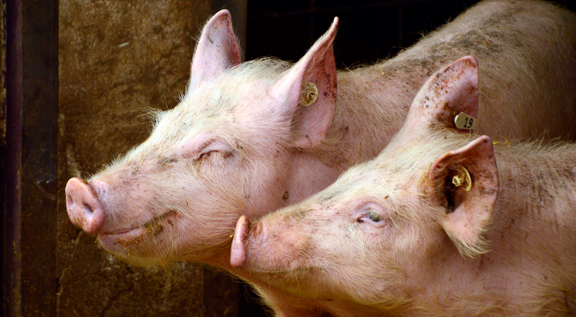
Image: Pixabay
In the event of an ASF occurrence in Brazil, a state of animal health emergency will be declared by Mapa and the set of activities described in the contingency plans will begin, taking into account the disease-free country and the serious economic and social consequences arising.
African Swine Fever is a viral disease that poses no risk to human health, but can decimate pig farms, as it is highly transmissible. In Brazil, the last outbreak of the disease was recorded in 1981 and the country was declared free of PSA on December 5, 1984. To date, there is no vaccine with proven efficacy against PSA.
Simulated animal health emergency exercise
{module Form RD}
To exercise the content of the plan, including the responsibilities and attributions of the different actors involved, Mapa and the Companhia Integrada de Desenvolvimento Agrícola de Santa Catarina (Cidasc), with support from the state private sector, will carry out a simulated action exercise in the face of the occurrence of African swine fever, from November 19th to 26th.
During the exercise, an Animal Health Emergency Operations Center will be installed, so that participants can practice the organization and technical procedures such as clinical and epidemiological surveillance and investigation, biosafety, collection and sending of samples for laboratory diagnosis, elimination of outbreaks, cleaning and disinfection of facilities and control and inspection of vehicle traffic in the region, as well as the use of software for data collection and processing and information management. Planning activities, proposing a containment zone and risk communication activities will also be carried out.
Around 180 employees from the official veterinary service (SVO) from the 27 units of the Federation will participate in this simulation, as well as representatives from Civil Defense, Military Police, Federal Highway Police, Brazilian Army, private sector, World Organization for Animal Health (OMSA) and of SVO from neighboring countries.
“The simulated exercise aims to test the contingency plan and prepare participants to organize the chain of command and comply with the protocols that must be adopted in a real situation of African Swine Fever, minimizing its economic and social impacts” , highlights the director of the Department of Animal Health, Geraldo Moraes.
The director also highlighted that “sanitary measures are applicable to all emergency diseases, such as classical swine fever, foot-and-mouth disease and avian influenza, as the protocols are similar and the emergency nature is the same”.
Source: MAPA










